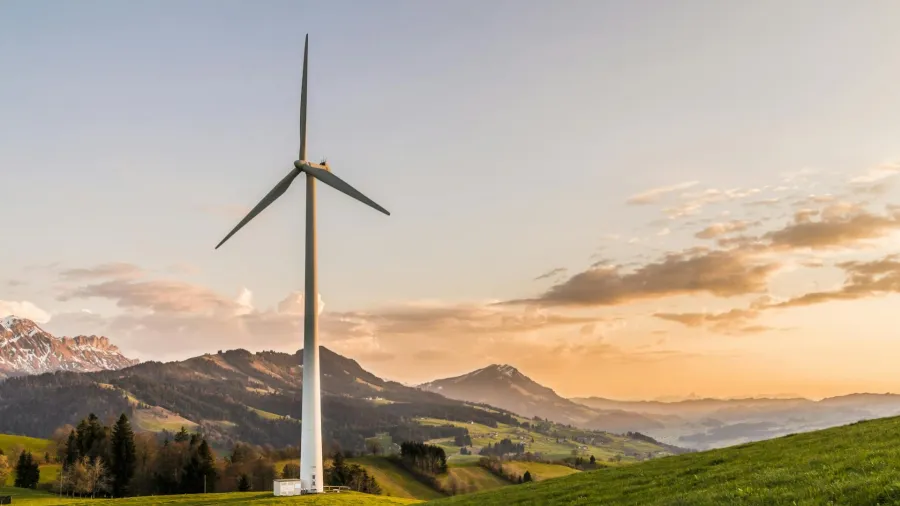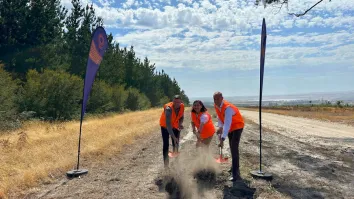
Global energy innovation faces uncertainty amidst promising new technologies
The global energy innovation landscape, whilst offering a wide array of promising new technologies, is facing uncertainty, according to International Energy Agency’s The State of Energy Innovation report.
The report highlighted the major economic and security benefits of energy innovation in the past, such as the expansion of nuclear power and the rise of shale technology that turned the U.S. into a net energy exporter.
However, it also showed that recent momentum is slowing. Whilst public and corporate R&D spending has grown by 6% annually, initial estimates for 2024 indicate a decline in investment, particularly in advanced economies.
Venture capital (VC) funding for energy technologies grew significantly between 2015 and 2022 but dropped by more than 20% in 2023 and 2024, largely due to tighter financial conditions.
The only sector to see growth in VC funding during this period was artificial intelligence, which could divert funds away from energy innovation.
China is now the leading country for energy patents, with 95% of its patents focused on low-emissions technologies. The U.S. and Europe have more diverse portfolios, with the U.S. maintaining innovation across both fossil and clean energy sectors.
Despite progress, large-scale demonstration projects are facing delays due to inflation and policy uncertainty. Around $60b has been earmarked for such projects, but most have not reached final investment decisions.
Sectors like heavy industry and long-distance transport, which need urgent innovation for low-emissions solutions, account for only 17% of total demonstration funding.
To address these challenges, the report calls for increased public energy R&D investment and stronger international cooperation to ensure the successful commercialisation of clean energy technologies and meet global climate goals.
The report reviewed trends in energy technology development, drawing from over 150 innovation highlights and a survey of nearly 300 experts across 34 countries.

















 Advertise
Advertise







